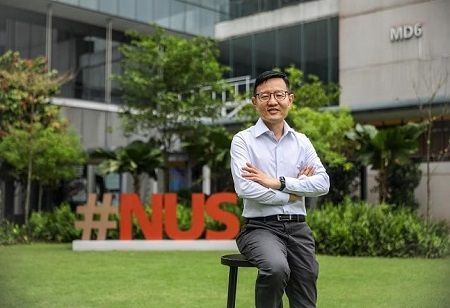Diagnosing cancer traditionally involves collecting tumour samples through invasive and painful procedures like needle biopsies or surgeries. However, a breakthrough now allows for cancer detection with a simple blood test using a device that isolates tumour cells from blood samples.
This innovative biochip, created in 2009 by Professor Lim Chwee Teck, director of the Institute for Health Innovation and Technology at the National University of Singapore (NUS), is the first in the world to filter tumour cells through microchannels. This technology enables doctors to isolate and analyze specific tumour cells, leading to accurate diagnoses of cancers such as breast and prostate cancer.
The biochip was later commercialized into a machine launched by Biolidics, a deep-tech company co-founded by Prof Lim. Since its introduction, 140 systems have been installed across over 20 countries, including the US, China, the UK, Germany, and Singapore.
This device is among many pioneering projects led by Prof Lim throughout his 24-year tenure at NUS. In recognition of his significant contributions to biomedical engineering, Prof Lim was elected as a Fellow of the Royal Society in May, the UK's National Academy of Sciences and the world's oldest scientific academy. This honour places him among past fellows like Isaac Newton, Charles Darwin, Albert Einstein, Winston Churchill, and Stephen Hawking. Prof Lim is the only scientist based in Singapore among the 70 newly elected fellows of 2024, selected through a peer review process based on scientific excellence.
“I’m both proud and very humbled to be a Singaporean who’s elected as a Fellow of the Royal Society,” Prof Lim remarked. “It’s not only a recognition of the work that I’m doing in my lab, but it also underscores Singapore’s growing influence and contribution to the global scientific landscape.” Prof Lim’s accolades also include the Nature Lifetime Achievement Award for Mentoring in Science in 2023 and the President’s Technology Award in 2011.

